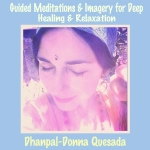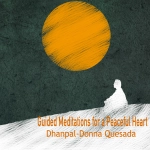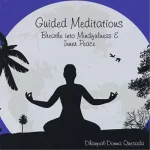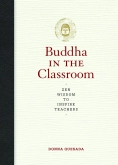 Ego is a misconstrued phenomenon. I often forget this fact when I say something like, It felt ego-driven to me. And the person with whom I’m speaking will say something like, Really? You think he was arrogant? So, here, I offer a little portraiture of this elusive, oft-misunderstood, conceptual thing.
Ego is a misconstrued phenomenon. I often forget this fact when I say something like, It felt ego-driven to me. And the person with whom I’m speaking will say something like, Really? You think he was arrogant? So, here, I offer a little portraiture of this elusive, oft-misunderstood, conceptual thing.
Ordinarily thought of as arrogance, in its subtler shades, ego is desire, attachments, expectations. It is greed. It is the picking and choosing mind. It is jumping to conclusions, clinging to positions, single-minded stubbornness. It is anger. It is pushing your agenda. And it is all grounded in fear. The ego is the insecure part of us that needs constant recognition, approval, reassurance, and flattery (of which there is never enough). Mostly, ego just needs to be right. It is ignorance. It is the dualistic mind. And because of the fear generated by its exaggerated sense of self, and because of its dogged fixation on meeting its needs, it is in a constant state of alienation, worry, and suspicion of others’ intents. When these pestilent mental states are painstakingly peeled away, layer by layer, the light of compassion shines through, and we find that in this new state of lightness, we are able to harmonize with our surroundings, enabling others to effortlessly harmonize with us.
(Excerpted from my book, Buddha in the Classroom; Zen Wisdom to Inspire Teachers, 2011)









